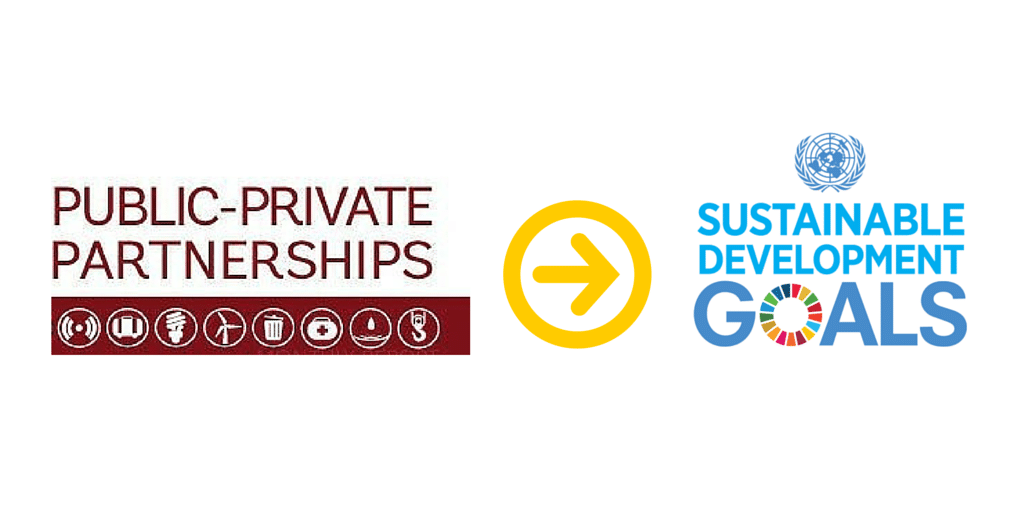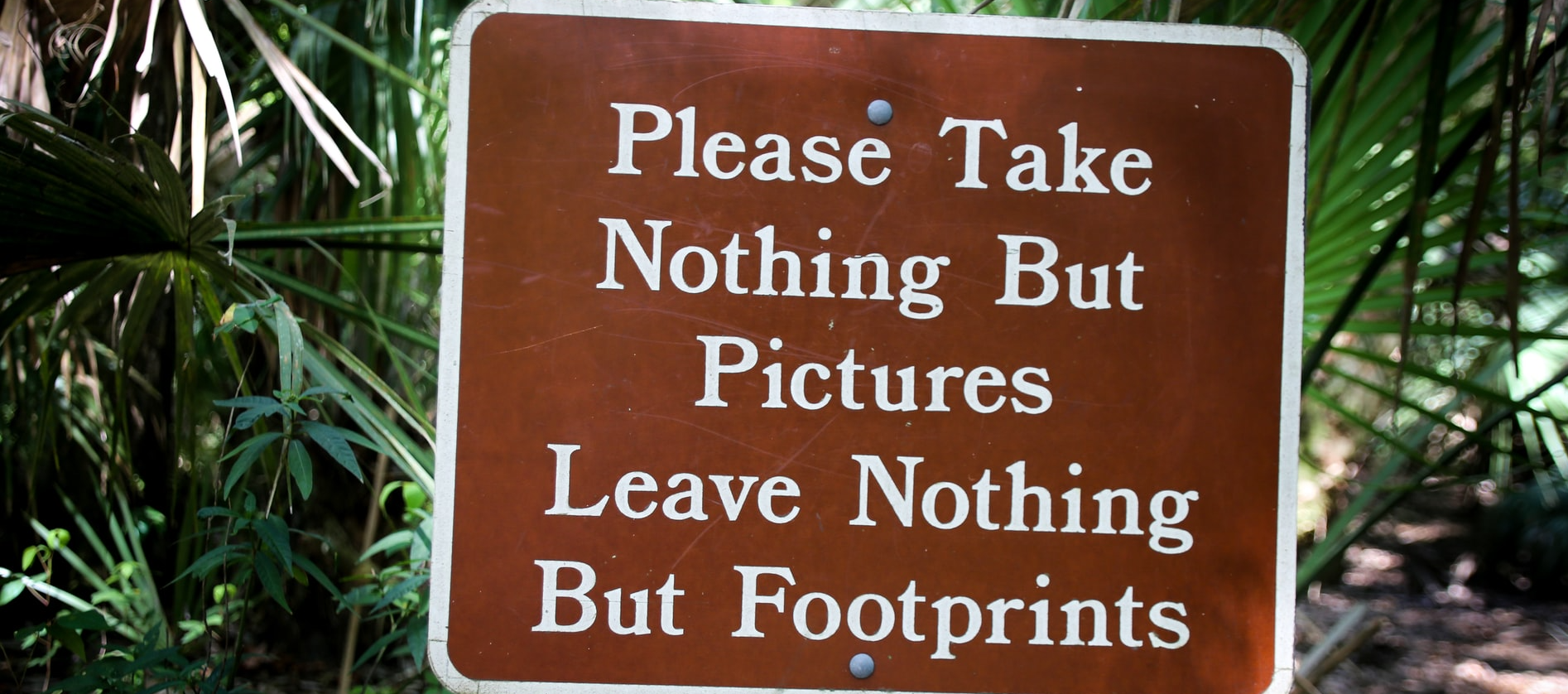Fintech is Good
Fintech has emerged as a powerful tool for driving financial inclusion, making financial services more accessible and affordable to a wider range of people, including those previously unserved or underserved by traditional banking systems.
A prime example of this is M-Pesa, launched in Kenya in 2007. This mobile money service, initially designed for 2G feature phones, has grown to serve over 51 million customers and 465,000 businesses across multiple African countries. As Vodafone Group CEO Nick Read aptly stated, “as the original mobile money service, M-Pesa has been the most significant driver of financial inclusion in Africa over the past 15 years. It is the continent’s largest fintech platform and provides access to financial services for more than 50 million people – in a secure, affordable and convenient way.”
Beyond financial inclusion, fintech is also emerging as a powerful tool in addressing the climate crisis. By mitigating climate change risks and unlocking the potential of climate finance, fintech can contribute to realizing the goals of the Paris Agreement. Digital technologies and innovative financial products can bridge the gap between various stakeholders, including banks, insurers, non-banks, startups, big tech firms, technology providers, regulators and consumers. This collaborative approach can help overcome challenges in climate finance and accelerate climate action.
The Socio-Cultural Narrative
Fintech solutions are revolutionizing the financial landscape for women entrepreneurs. By providing digital platforms for capital access, crowdfunding and financial management, fintechs are leveling the playing field and enabling more female-led businesses to emerge and flourish. Furthermore, fintech’s emphasis on financial literacy and networking is empowering women with the knowledge and connections necessary for success.
Fintechs are also leveraging innovative data analytics techniques to assess the creditworthiness of SMEs. By analyzing alternative data sources such as social media, psychometric data and shipping data, fintechs can offer quick and accurate credit decisions, previously limited to larger corporations. This expanded access to digital financial services, including payments, banking and lending, is enabling SMEs to scale, innovate and contribute significantly to economic growth.
Mobile banking and digital payment platforms are bridging the digital divide, particularly for individuals in rural and remote areas. By offering essential financial services like money transfers, bill payments and savings accounts, fintechs are promoting financial inclusion and empowering the underserved population.
Addressing the Climate Crisis
Fintech is emerging as a powerful tool in the fight against climate change. By leveraging advanced technologies such as artificial intelligence, machine learning and remote sensing, financial institutions can now accurately assess and manage climate-related risks. Cloud-based platforms enable geospatial mapping of loans to specific climate hazards, providing enhanced transparency and aiding in informed decision-making for both investors and regulators.
Neobanks, with their digital-first approach, are pioneering sustainable finance. These innovative institutions offer products that align with ethical and environmental principles. Features like decarbonization tracking, carbon offsetting and tree-planting credit cards are redefining consumer finance.
The combined efforts of all players in the fintech ecosystem are driving significant change. By redirecting capital flows towards sustainable investments and renewable energy projects, fintech is accelerating the transition to a low-carbon economy. Furthermore, it is also mitigating the fiscal and financial risks associated with climate change, including resource depletion, environmental degradation and social impacts.
Companies and Governments in Action
Climate fintech startups are facilitating climate action and driving decarbonization, and are being fueled by record amounts of VC funding. Climate fintech startups raised US$2.3 billion in 2022, already more than the US$1.8 billion raised in 2021 and over three times the 2020 total.
Aspiration, a US-based challenger bank, demonstrates the power of aligning finance with environmental goals. By funding green projects and avoiding investments in harmful industries, Aspiration offers a tangible way for customers to contribute to a sustainable future. Their tree planting program has already funded the planting of over 28 million trees, which is estimated to remove over 4.4 million tons of carbon dioxide equivalent from the atmosphere.
Similarly, there are instances of several fintech companies who are taking active steps in advancing the work around climate change.
Multilateral Development Banks (MDBs) are spearheading innovative climate finance approaches to accelerate climate action. These include results-based financing to incentivize ambitious climate targets; external guarantees to expand lending capacity for climate projects; and policy-based guarantees to facilitate debt conversion into trust funds for climate and biodiversity initiatives. In 2022, MDBs collectively committed US$61 billion to low- and middle-income economies, a 20% increase from the previous year. MDBs anticipate surpassing these figures in 2023, with even greater climate finance commitments and co-financing.
Fintech is poised to play a pivotal role in addressing climate change. By leveraging cutting-edge technologies and innovative financial solutions, fintech can revolutionize sustainable finance, democratize access to green investments and empower individuals to make eco-conscious choices. As the financial landscape evolves, fintech will be a key catalyst in the global fight against climate change, enabling a more sustainable and resilient future.
Photo Caption: This snack vendor in Indonesia now accepts digital payments.



